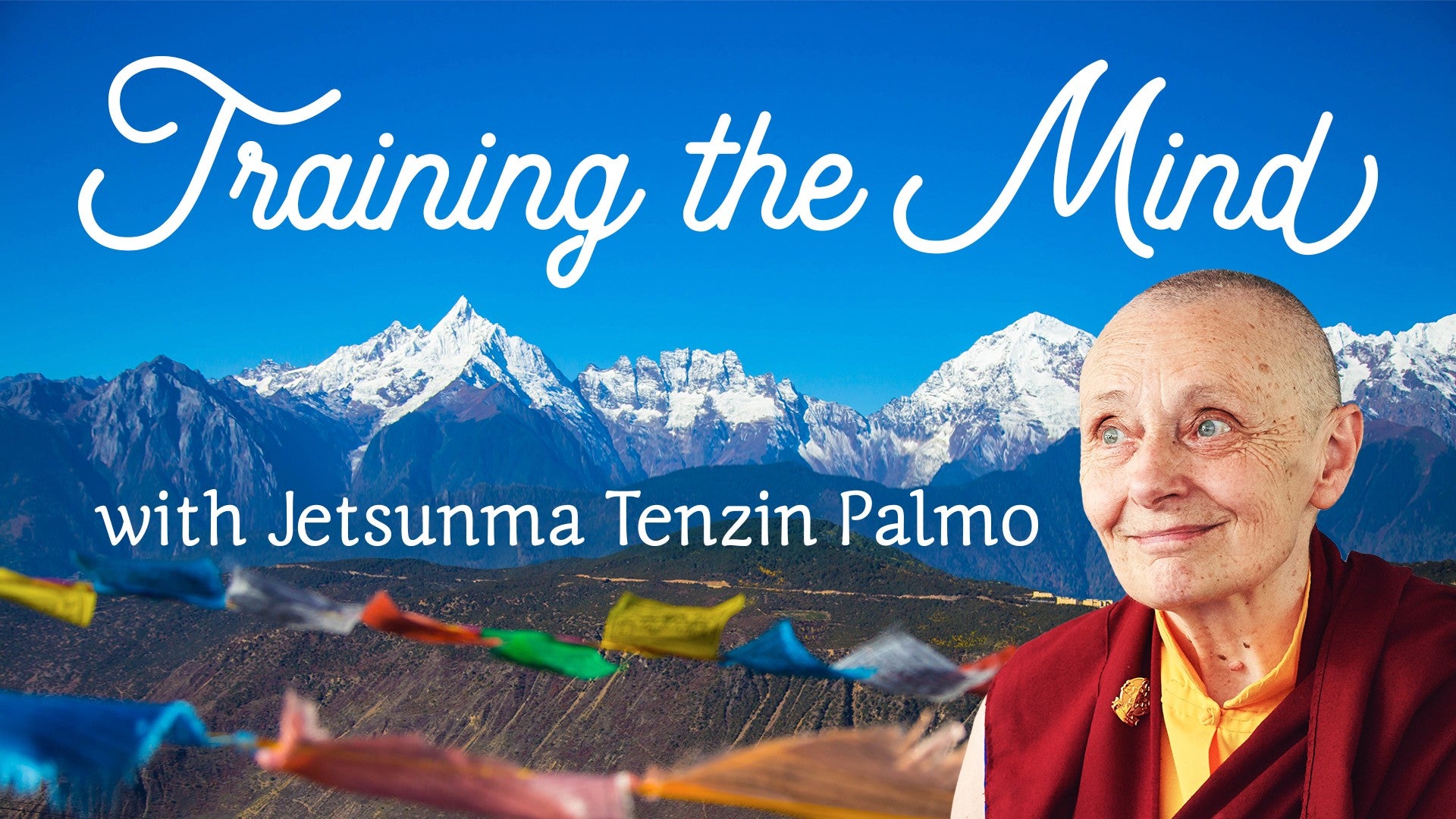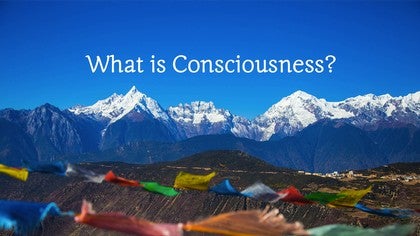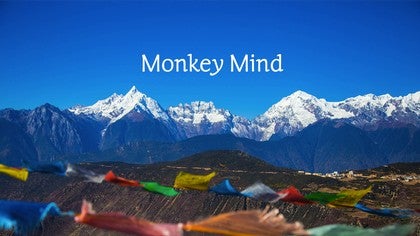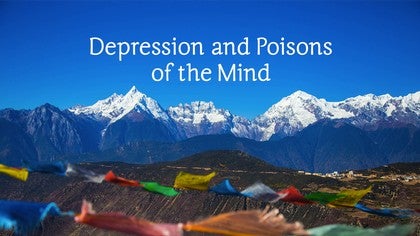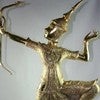Description
About This Video
Transcript
Read Full Transcript
Well, of course, the whole question of what is consciousness is a much debated point, especially in the West nowadays. I mean, recently we were at a yogic ashram in the Bahamas, even under a yogic ashram. And there one of the speakers was this neuroscientist. He was also a Hindu, but he was a neuroscientist and he worked somewhere in New York. He was very prominent, apparently.
And so he was given a lecture on the brain, et cetera. And then afterwards I said to him, well, what is consciousness? And there was this silence. And then he said, that is the elephant in the living room. We don't talk about that because we don't know.
We can talk about neural pathways and the mind. What is consciousness? Who knows? So we just don't deal with it because we're not ready yet to look at that. So in the Tibetan tradition, which reflects, of course, the Sanskrit tradition, there are many different words for the mental operations of various kinds.
Some are definitely dealing with the intellect, but some words like chitta are more heart mind. And I mean, of course, traditionally, everything was not so much focused on the brain. When people think of, I think they would point here. In fact, I think it's very interesting that if, for example, someone accuses us of something or anything, we try to establish who we are, we say, you mean me. And we point here.
We don't point up in our head, which you would be logical because that's where the brain is. That's where all our sense organs are. But we intuitively say here, you know, me, in my opinion. And we point inward to the heart chakra. So I think that now it's more or less understood that the mental conceptual processes mostly take place in the brain, but then the deeper levels of consciousness and awareness which operate those mental activities are not in the brain, which is why they can't find it, but centered in the heart chakra.
For example, in the Tibetan tradition, when practitioners, good practitioners, die, then although they are brain dead, the heart center remains warm and they go into a state of what is called tuktam, which means mind or heart connection. Anyway, it doesn't matter, it has to do with the heart. And so then the body doesn't deteriorate, right? They don't go into rigor mortis. The body remains supple, doesn't degenerate in any way.
And they can stay in that state for hours, days, and weeks, just staying in a state of meditation where the very, very subtle consciousness, which is like the underlying energy for all the other levels of consciousness, has gathered at the heart chakra. So when they die in Western hospitals, then of course the doctors are very confused because on one level they can see what they'd gone, they're dead, but they haven't gone, right? Because if they're allowed to touch here, they can feel it's still warm. And so in that way, I think the very source of our consciousness is not up in the head, which is, as I say, why they can't find it. They're looking in the wrong place.
But genuine, pure awareness is centered here, if it's centered anywhere.
Training the Mind with Jetsunma Tenzin Palmo
Comments
You need to be a subscriber to post a comment.
Please Log In or Create an Account to start your free trial.
